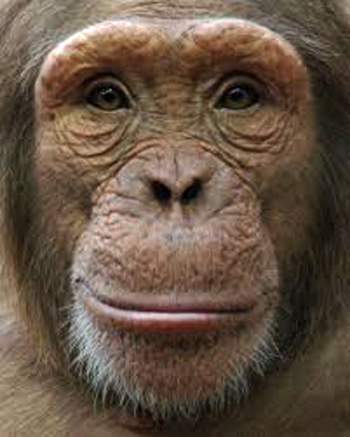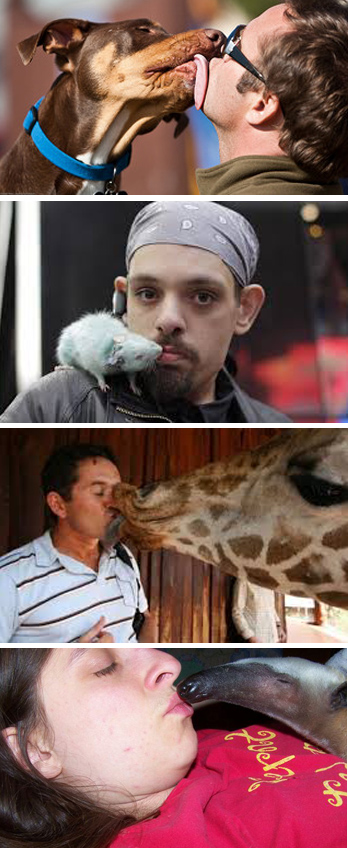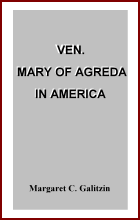Ambiences and Tendencies
 |
 |
 |
 |
 |
 |
 |
Do Not Throw the Bread of Children to Dogs

And yet, with all this deformity, one sees a certain similarity that makes one think of man... a similarity terribly emphasized by the eyes. What eyes! At certain moments they seem pensive and imbued with a melancholic expression. At other moments, they appear empty, nondescript, senseless.
Thus is the animal kingdom. God placed in it admirable species so that man could see the wisdom, grace and goodness of the One who created it. But, at the same time, He allowed us to quite patently see all the rudeness of irrational nature, as in beings like this one. The first type of consideration about animals raises us up to God. The second type makes us feel our own natural dignity and better understand the hierarchy that the Lord put in the universe. By loving our own superiority and the holy inequality of Creation, we also rise up to the Creator.
There is perhaps nothing better to make us feel the abyss that separates us from the animal world than to analyze, among all its species that of the monkey which seems most like us!
The animals that God put here to live in proximity to men are precisely those whose natural rudeness is veiled by fine or even splendid appearances. Birds with brilliant feathers or harmonious song, cats that take elegant attitudes and have silky fur, dogs with noble bearings or imposing aspects, fish that unfold their graceful fins in the placidity of their aquariums. They provide beauty, distraction and repose in our daily existence. It is because God respects the nobility of man that, in these animals intended to live among us, He veiled their natural rudeness with these magnificent appearances.

Animals can, therefore, have their place in a well-formed Christian sensibility. But with limits.
Just as there are plants that serve as adornment in the life of man and others that have a rudeness that is incompatible with this purpose, so also this happens with animals. A lady does not descend from her dignity when she looks at a flower, smells its fragrant scent and wears it as an ornament. But she would fall if she were to do the same with a cauliflower or a cabbage.
For the same reason, man, for whom the company of a dog is appropriate, was not made to kiss a dog like he would kiss a wife or a daughter. Nor was man made for intimacy with monkeys, rats, anteaters and giraffes. The inferiority of the animal nature, patent in these creatures, is incompatible with such closeness to man.
Man is degraded when he no longer feels a natural repugnance for intimacy with these creatures, in which animal rudeness was not veiled by appearance. Silencing this disgust, man dulls the sense of his own superiority and, so to speak, accepts and assumes in himself the brute aspect of the inferior creatures.
This mentality and attitude is frequently found in an age like ours, where everything that is egalitarian, even that which is the most degrading, finds a welcome climate.
It is not right to take the bread of children and cast it to the dogs (Mk 7:27), Our Lord warns us. We should not throw pearls before the swine (Mt 7:6).
But this is what is done by those who, led by a foolish sentimentality that has an egalitarian root, give animals the affection and intimacies that the wisdom of Providence reserved for relations between human beings.

Translated from Portuguese
Catolicismo, n. 81 - September 1957
Posted April 8, 2015
______________________
______________________








